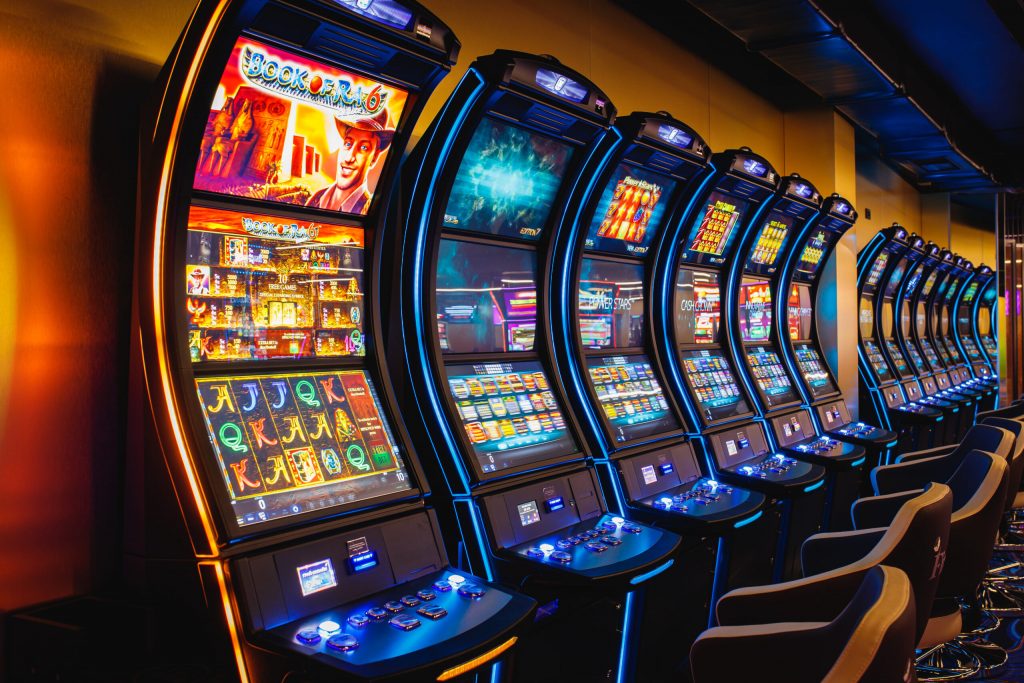Navigating the Social Implications of Introducing Casinos into Brazilian Society
The debate surrounding the introduction of casinos into Brazilian society extends far beyond economic considerations, delving into the intricate web of social implications. While proponents emphasize potential benefits such as job creation and tourism, opponents raise valid concerns about addiction, crime, and the erosion of societal values. Understanding these social dynamics is crucial for policymakers as they weigh the potential costs and benefits of legalizing casinos in Brazil.
Gambling Addiction and Mental Health
One of the primary concerns surrounding the introduction of casinos is the potential for increased gambling addiction and its associated impacts on mental health. Studies from other countries have shown that easy access to gambling facilities can lead to addictive behaviors, financial ruin, and strained relationships. In Brazil, where mental health services are often inadequate, an uptick in problem gambling could place additional strain on already overburdened healthcare systems and social support networks.
Socioeconomic Disparities

The proliferation of casinos may exacerbate existing socioeconomic disparities within Brazilian society. Critics argue that casinos tend to disproportionately impact low-income individuals and vulnerable communities, who may be more susceptible to the lure of gambling and less equipped to withstand its negative consequences. Moreover, there is a risk that the economic benefits of the casino industry may not trickle down evenly, further widening the gap between the rich and the poor.
Crime and Organized Crime
The relationship between casinos and crime is a contentious issue, with proponents and opponents presenting conflicting viewpoints. While proponents argue that regulated gambling can help combat illegal gambling and associated criminal activities, opponents express concerns about the potential for casinos to become hubs for money laundering, corruption, and organized crime. Brazil already faces significant challenges related to crime and corruption, and the introduction of casinos could exacerbate these issues if not carefully managed.
Family and Social Cohesion
The impact of casinos extends beyond individuals to families and communities. Problem gambling can strain familial relationships, leading to financial instability, domestic violence, and emotional distress. Moreover, the normalization of gambling within society can erode social cohesion and values, as individuals prioritize the pursuit of wealth and instant gratification over communal well-being. Preserving Brazil’s (https://kingslotsbr.com/) strong sense of family and community requires careful consideration of the social ramifications of introducing casinos.
Ethical and Cultural Considerations

Brazil boasts a rich cultural heritage and diverse tapestry of traditions, values, and beliefs. The introduction of casinos raises ethical questions about the exploitation of vulnerable populations and the promotion of values contrary to Brazilian cultural norms. Critics argue that the commercialization of gambling undermines traditional values such as hard work, thriftiness, and personal responsibility. Moreover, there are concerns about the potential impact of casinos on indigenous communities and their cultural heritage.
Addressing Social Concerns
While the social implications of introducing casinos into Brazilian society are significant, they are not insurmountable. Effective regulation and oversight are essential to mitigate the negative impacts of gambling and ensure that vulnerable populations are protected. This includes measures such as age restrictions, responsible gambling programs, and support services for individuals affected by problem gambling. Additionally, investments in education, mental health services, and community development can help address underlying social issues and promote resilience within society.
The introduction of casinos into Brazilian society presents both opportunities and challenges, particularly from a social perspective. While proponents highlight potential economic benefits, opponents raise concerns about addiction, crime, and cultural erosion. Balancing these competing interests requires thoughtful regulation, social support mechanisms, and a commitment to preserving Brazil’s cultural identity and social cohesion. By addressing these social implications head-on, Brazil can navigate the complexities of the casino debate while safeguarding the well-being of its citizens and communities.


